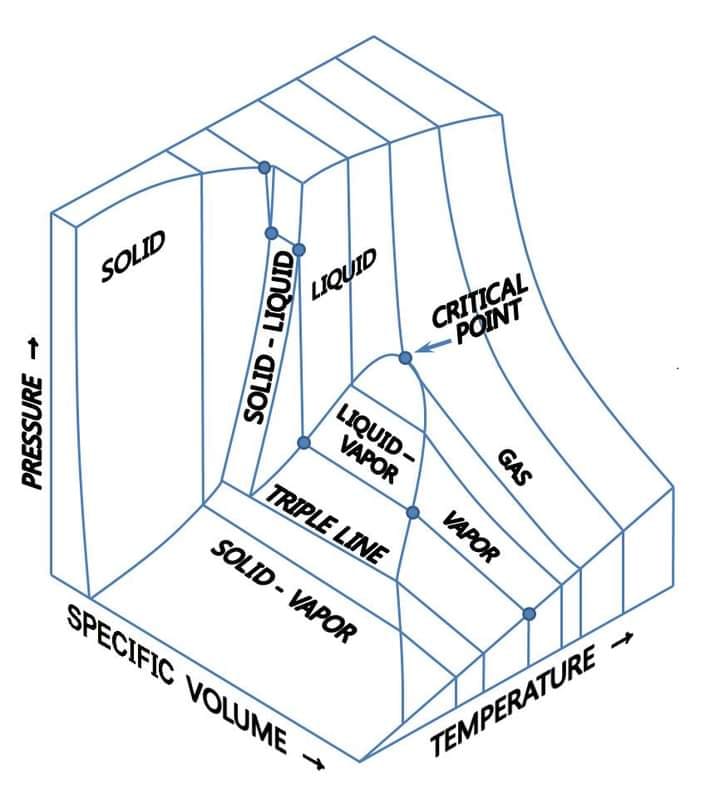
Carnot's theorem, developed in 1824, also called Carnot's rule is a principle that specifies limits on the maximum efficiency any heat engine can obtain, which thus solely depends on the difference between the hot and cold temperature reservoirs.
Carnot's theorem states:
All irreversible heat engines between two heat reservoirs are less efficient than a Carnot engine operating between the same reservoirs.
All reversible heat engines between two heat reservoirs are equally efficient with a Carnot engine operating between the same reservoirs.
The formula for this maximum efficiency is

where TC is the absolute temperature of the cold reservoir, TH is the absolute temperature of the hot reservoir, and the efficiency η is the ratio of the work done by the engine to the heat drawn out of the hot reservoir.
Based on modern thermodynamics, Carnot's theorem is a result of the second law of thermodynamics. Historically, however, it was based on contemporary caloric theory and preceded the establishment of the second law. Wikipedia, Carnot Theorem
See Also
Bells theorem
Carnot Cycle
fundamental theorem of calculus
Heat Engine
Nicolas Leonard Sadi Carnot
Stokes Theorem
Thermodynamics
